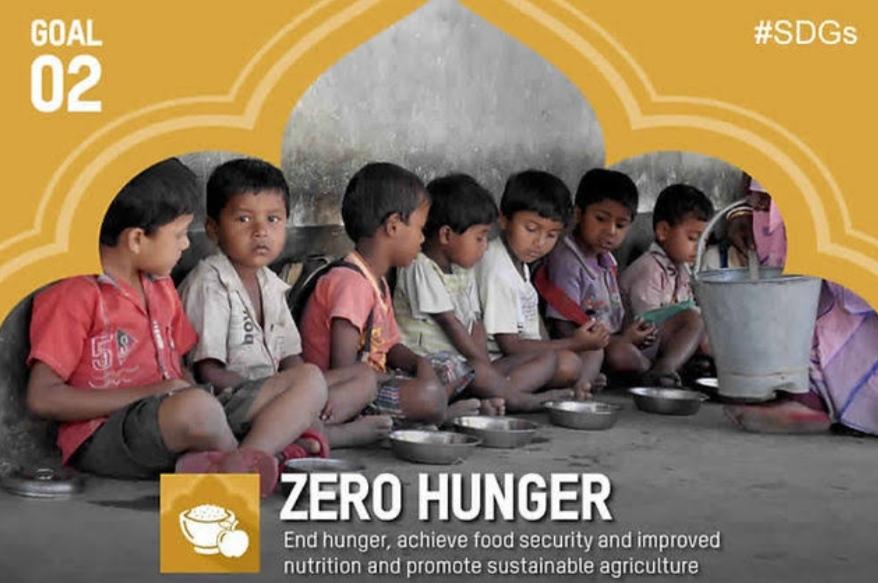In a world marked by abundance and progress, the persistence of hunger remains a stark reality for millions. The United Nations' Sustainable Development Goal 2 (SDG 2) aims to end hunger, achieve food security, improve nutrition, and promote sustainable agriculture by 2030. This ambitious target underscores the urgent need for concerted global action to address the complex interplay of factors contributing to hunger worldwide.
Understanding the Scope of Hunger
Hunger is not just a lack of food; it is a symptom of deeper systemic issues such as poverty, inequality, conflict, and climate change. According to the UN, nearly 690 million people globally suffer from chronic hunger, with Asia being the most affected region. The COVID-19 pandemic has exacerbated food insecurity, pushing an additional 100 million people into acute hunger in 2020 alone.
Key Challenges and Solutions
Poverty and Inequality: Poverty is a root cause of hunger, trapping individuals and communities in cycles of deprivation. Addressing poverty through inclusive economic growth, social protection programs, and equitable access to resources is crucial.
Conflict and Fragility: Armed conflicts and instability disrupt food systems, exacerbating hunger. Promoting peace, conflict resolution, and humanitarian assistance are essential to ensure food access in conflict-affected regions.
Climate Change: Erratic weather patterns and natural disasters threaten agricultural productivity and food security. Investing in climate-resilient agriculture, sustainable land use practices, and disaster preparedness is vital.
Food Waste: Roughly one-third of all food produced globally is lost or wasted. Reducing food waste through efficient production, distribution, and consumption practices can significantly increase food availability.
The Role of Sustainable Agriculture
Promoting sustainable agriculture practices such as agroecology, diversification of crops, and conservation farming can enhance food production while safeguarding natural resources. Empowering small-scale farmers, who produce a significant portion of the world's food, with knowledge, resources, and market access is crucial for achieving food security.
Global Partnerships and Commitments
Achieving Zero Hunger requires coordinated efforts from governments, international organizations, civil society, and the private sector. Initiatives like the UN World Food Programme (WFP), Food and Agriculture Organization (FAO), and various NGOs play pivotal roles in providing food assistance, promoting nutrition, and advocating for policy change.
Conclusion
While the goal of Zero Hunger by 2030 is ambitious, it is achievable through sustained political will, investments in agriculture and rural development, technological innovation, and global solidarity. Each individual, community, and nation has a role to play in creating a world where no one goes to bed hungry. By addressing the root causes of hunger and embracing sustainable practices, we can build a future where food security is a universal reality.
In conclusion, the journey towards Zero Hunger is not just a moral imperative but a collective responsibility towards a more equitable and sustainable world.

